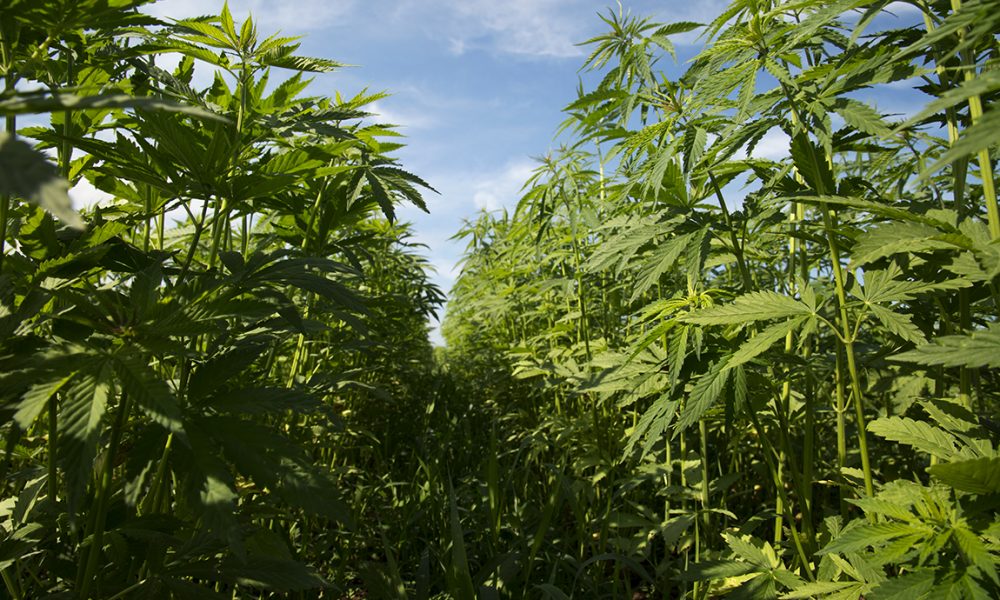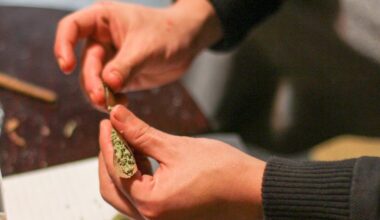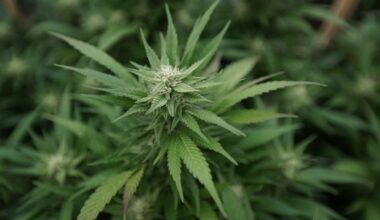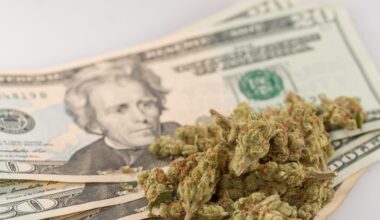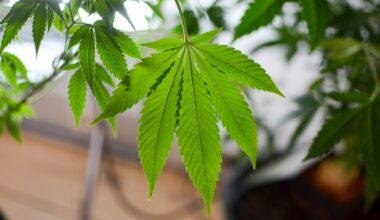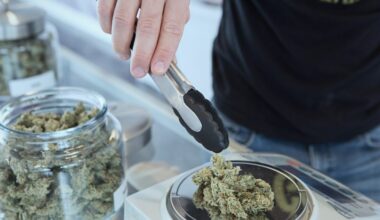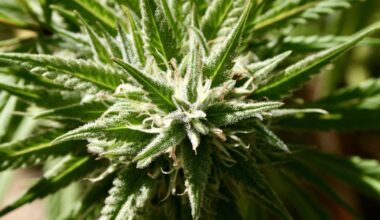The Florida Agriculture Department on Tuesday announced eight winners from students grades 5-11 who submitted essays on innovative uses for hemp as part of an annual “Agricultural History and Creativity” contest.
This year’s contest stood out for its focus on the cannabis plant’s alternative, sustainable uses. The department has worked to support the burgeoning hemp industry, especially following the crop’s federal legalization under the 2018 Farm Bill.
It invited students grades 4-11 to submit 500-word essays to be eligible for $1,000 scholarships and be honored at next year’s Florida Cabinet meeting at the state Capitol. Those students have now been selected, though the department didn’t detail what hemp-related topics the winning essays covered.
Throughout the months of April and May, students from all across our state submitted essays about hemp innovation — we are so excited to announce the eight winners of the @FDACS Agricultural History and Creativity Award Competition! pic.twitter.com/H8RuKpeuxF
— Commissioner Nikki Fried (@NikkiFriedFL) June 28, 2022
“I’m inspired by all of the students who participated in this year’s contest, and I want to congratulate the winners whose essays really stood out,” Agriculture Commissioner Nikki Fried, who is also a Democratic gubernatorial candidate, said in a press release. “Their innovative approaches to creating new products out of such a versatile commodity like hemp leaves me with no doubt that the future of Florida agriculture is bright!”
Here are the winners:
- Anvita Devulapalli, Grade 5
- Charlotte Sikes, Grade 5
- Mahalia Louissaint, Grade 6
- Lena Bent, Grade 7
- Isaiah Gabriel, Grade 7
- Aylin Osorio, Grade 10
- Makayla Guilbeau, Grade 11
- Tessa Mullis, Grade 11
A description of the essay requirements explained that hemp was federally legalized, and the crop represents a “diverse commodity, and it can be refined into a variety of commercial items such as paper, rope, paint, etc.”
“Just as hi-tech innovations have changed the very foundation of how we conceive of everything from phones to computers to household appliances; the same is true of hemp,” it said. “Some of the most notable inventions made of hemp include planes, cars, batteries, eyeglasses, hempcrete (concrete building material), plastics and so much more. The possibilities are endless.”
The 500-word essays were supposed to focus on inventions that the students came up with that could be made with at least 50 percent hemp.
The contest prompt went on to detail how the crop is currently being utilized—as an environmentally sustainable alternative to concrete, textiles and plastics. The guidelines from the Department of Agriculture and Consumer Services were different for each of the three grade groups that could submit essays, but all submissions needed be based on a “product that you have invented that will be created with at least 50 percent hemp materials.”
Fried has been a vocal advocate for the hemp industry and marijuana reform in general, so it’s not especially surprising that she’d helm the hemp-focused contest, even if the idea of encouraging elementary school students to write about cannabis—albeit in its nonintoxicating form—could have potentially ruffled some conservative feathers.
Fried has publicly stated that she’s a medical cannabis cardholder in the state, and she previously lobbied on behalf of a plant farm that was later bought out by a major cannabis company before she became the Florida’s top agriculture regulator.
She frequently talks about her advocacy for cannabis policy reform on social media, and she has investments in a marijuana company.
The commissioner also recently spoke with Marijuana Moment about a lawsuit she filed against the Biden administration about gun rights for medical cannabis patients, who are current barred for purchasing or possessing firearms simply for admitting to marijuana use, even if such activity is lawful under state law.
Regulators in Fried’s office have criticized Oregon hemp businesses over hemp products that they say contain rocks and sticks and have failed to meet regulatory guidelines on allowable THC content. Instead, consumers should buy local products made in Florida, Fried’s department said.
In 2018, the national bank Wells Fargo fired Fried as a client because her campaign has received donations from “lobbyists from the medical marijuana industry.”
Photo courtesy of Brendan Cleak.
Medical Disclaimer:
The information provided in these blog posts is intended for general informational and educational purposes only. It is not a substitute for professional medical advice, diagnosis, or treatment. Always seek the advice of your physician or other qualified healthcare provider with any questions you may have regarding a medical condition. The use of any information provided in these blog posts is solely at your own risk. The authors and the website do not recommend or endorse any specific products, treatments, or procedures mentioned. Reliance on any information in these blog posts is solely at your own discretion.
